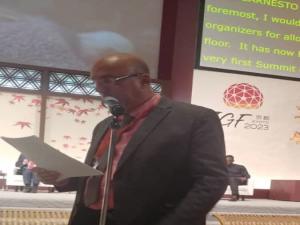
Cuba's Vice Minister of Communications, Ernesto Rodríguez Hernández, participates in the High Level Panel IV: “Access and Innovation to Revitalize the SDGs,” at the Internet Governance Forum, taking place October 8-12 in Kyoto, Japan.
In his speech on October 8, he thanked the organizers for inviting him to this Panel session.
In his remarks, Ernesto Rodríguez Hernández recalled that this year marks the 20th anniversary of the first phase of the World Summit on the Information Society.
"On December 12, 2003, after three days of sessions in the Swiss city of Geneva, the first phase of the Summit ended with the adoption of its final documents by the Heads of State and Government and high-level representatives from 175 countries," he said.
"Twenty years later, it has been demonstrated, undoubtedly, that Information and Communications Technologies in general and the Internet in particular are essential tools for the development of countries.
"But it has also been confirmed that the beneficial impact of ICTs and the Internet is significantly lower in developing countries compared to developed countries.
"The existing unfair international economic order is compounded by the inequity in the payment of international Internet connection fees, which favors developed countries where the Internet backbone networks are located, and which implies that developing countries must pay one hundred percent of their Internet connection traffic, even though information flows in both directions.
"In addition, the main e-commerce sites are located in developed countries, which results in the net financial flow on the Internet going from developing to developed countries," said Cuba's Vice Minister of Communications.
"In the case of Cuba, the economic, commercial and financial blockade imposed by the United States of America for more than sixty years, and intensified since the unjustified inclusion of Cuba in an arbitrary and unilateral list of countries that allegedly sponsor terrorism, causes considerable and tangible damage to the ICT sector and hinders Cuba's efforts to promote a digital, inclusive and participatory society, in line with the Sustainable Development Goals," said the Vice Minister of Communications.
In his speech, Ernesto Rodríguez Hernández, highlighted: "All these issues were addressed with concern by numerous Heads of State and Government at the G-77 and China Summit, held in Havana, Cuba, last September, which had as its central theme: 'Current Development Challenges: The Role of Science, Technology and Innovation.'
"The Final Declaration of this Summit reaffirmed the 2005 Tunis Agenda for the Information Society, and asserted that the G77 and China promote: close alignment between the World Summit on the Information Society process and the 2030 Agenda for Sustainable Development.
"There was also ‘a call for close alignment between the World Summit on the Information Society process and the Addis Ababa Action Agenda and other outcomes of relevant intergovernmental processes, including the Global Digital Compact and the Summit of the Future.’
"It was further agreed to ‘work towards a strong and concerted position of the G-77 and China to ensure that the World Summit on the Information Society (WSIS+20) Comprehensive Review process, the Global Digital Compact and the Summit of the Future contribute, among other things, to achieving sustainable development and closing the digital divide between developed and developing countries.’
"It was reiterated that ‘the Tunis Agenda and the Geneva Declaration of Principles and Plan of Action, will establish the guiding principles for digital cooperation.’
When concluding his speech, the Vice Minister of Communications, Ernesto Rodríguez Hernández, emphasized: "The Declaration of Principles of the first phase of the World Summit on the Information Society, entitled: ‘Building the Information Society: A Global Challenge for the New Millennium,’ established a common vision of the Information Society, which, among other attributes, should be ‘people-centered, inclusive and development-oriented.’
"Furthermore, the Declaration noted that the challenge is to harness the potential of ICTs to promote the then Millennium Development Goals, which included: ‘eradicating extreme poverty and hunger, achieving universal primary education, promoting gender equality and empowering women, reducing child mortality, improving maternal health..., ensuring environmental sustainability and fostering global partnerships for development to build a more peaceful, just and prosperous world.’
"This extraordinary document, which was meticulously drafted and negotiated for more than a year, remains fully valid today.
"It is now up to us to finally materialize the common vision of the Information Society that was envisioned 20 years ago."





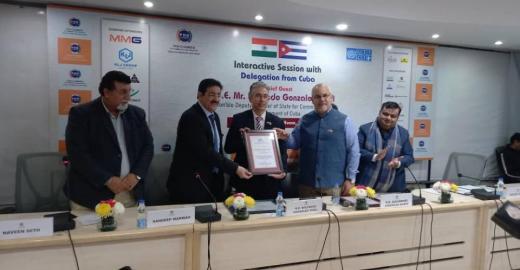

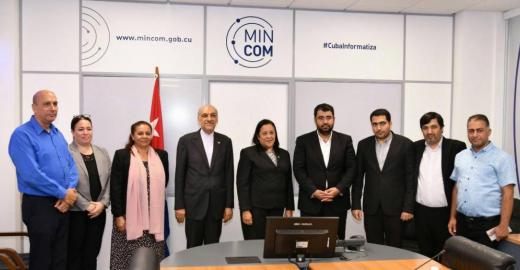

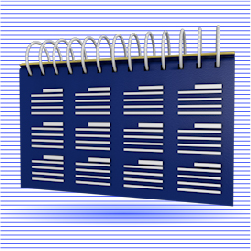
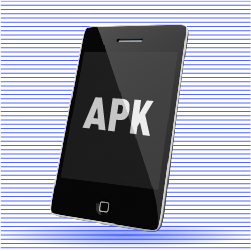
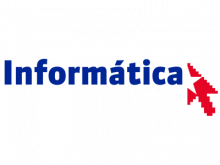



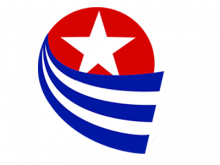
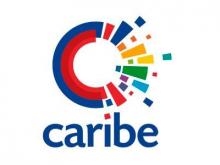
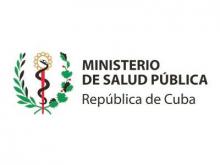

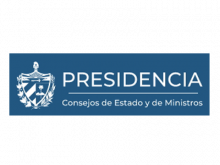

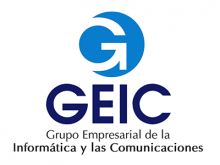
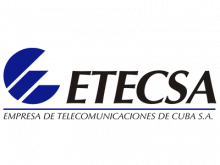
Publicar nuevo comentario